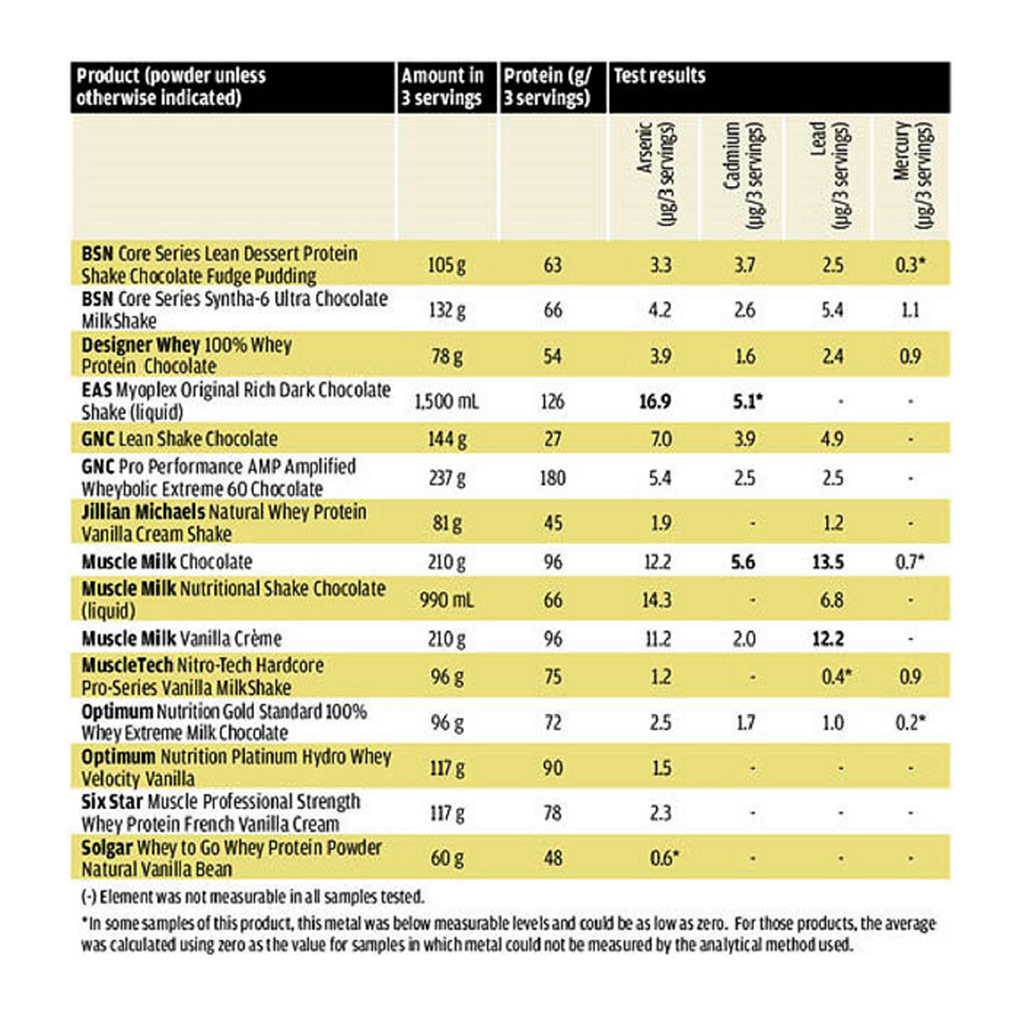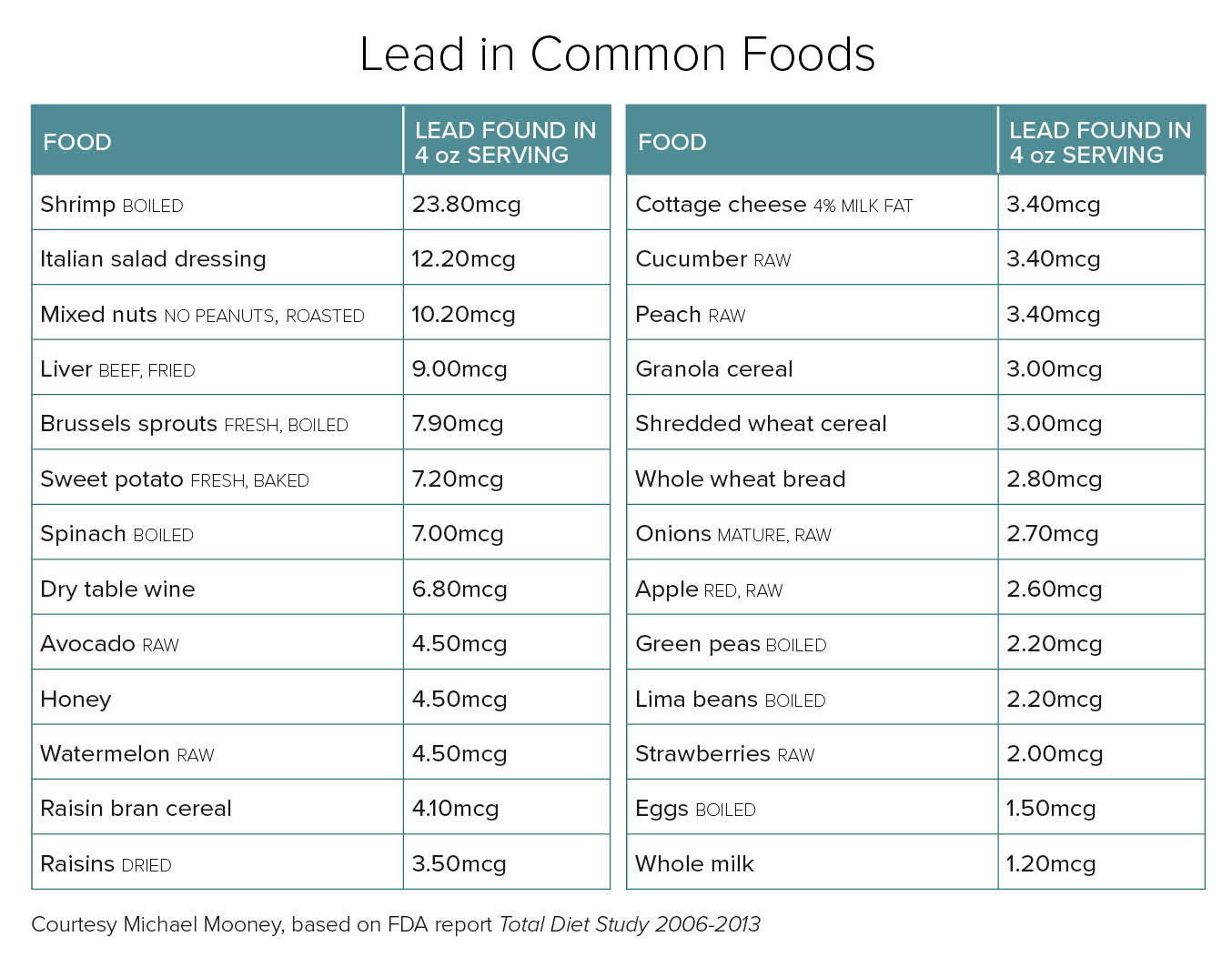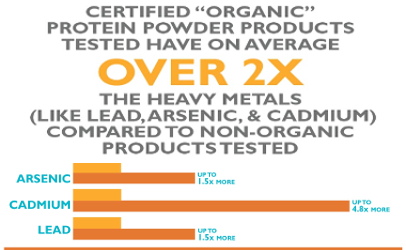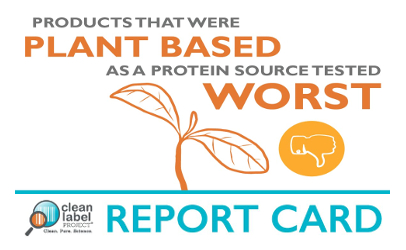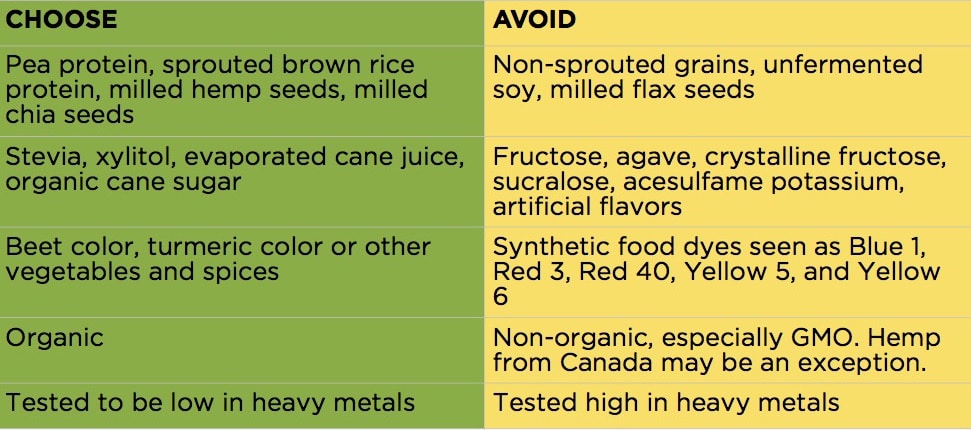Heavy Metals In Protein Powder Chart
Collagen powders whey protein powders and plant-based protein powders to name a few are all subject to this scrutiny of heavy metals.
Heavy metals in protein powder chart. Healthy eating enthusiasts may want to reconsider their protein powder choices in light of a new study that shows 40 percent of 134. More than 75 of plant-based protein powders had measurable levels of lead while one contained more than 25 times the allowed regulatory limit of BPA in just one serving. Tungsten is a heavy metal linked to stroke risk if consumed or absorbed too much.
The new independent study shows lead BPA mercury cadmium and arsenic are present in top-selling nutritional protein powder supplement products. Heavy metals are now being found in USDA certified organic foods superfoods vitamins herbs and dietary supplements at alarming levels. The heavy metals in protein powders arsenic cadmium and lead have trigger levels set by the State of California.
Arsenic is found in small doses in many foods and in drinking water and plays a role in some biological processes in humans. Lets break down the important facts starting with arsenic. Contaminated with tungsten lead and cadmium.
Clean Label Project has seen elevated levels of heavy metals including Arsenic Cadmium Lead and Mercury as well as BPA leaching from packaging into the finished product. They detected 70 of protein powders had lead in it 74 detected levels of cadmium and 55 detected levels of BPA which is used to make. The biggest concern for protein powder is the cadmium content.
The biggest concern of all protein powders whether they are whey or plant-based are heavy metals. The biggest four are arsenic lead mercury and cadmium with lead having the highest levels of metal in them. However some brands could be significantly worse depending on where ingredients were sourced.
Plant based proteins also contained mercury cadmium and arsenic and in several cases the amounts were above recommended health guidelines. In other words if a product has higher than trigger levels of heavy metals the company must put a CA Prop 65 warning on its product unless it qualifies for exemptions. See Our List of the Best Protein.
MyProtein Impact Whey Isolate is rated number 2 for quality by Labdoor. You only read a small part of the review WARNING These products contain lead and mercury chemicals known to the State of California to cause cancer and birth defects or other reproductive harm NOTE The a. What you can do to protect yourself from heavy metal toxicity.
Protein powder is one of the most popular supplements used by people in the US making up over 4 billion dollars in sales annually. Protein Powders and Heavy Metals. Other metals such as aluminium Al antinomy Sb arsenic As barium Ba beryllium Be bismuth Bi cadmium Cd gallium Ga germanium Ge gold Au indium In lead Pb lithium Li mercury Hg nickel Ni platinum Pt silver Ag strontium Sr tellurium Te thallium Tl tin Sn titanium Ti vanadium V and uranium U have no established.
We tested 134 of the top-selling protein powders for how clean they were. About protein powders and heavy metals. Arsenic cadmium lead and mercury.
Heavy metals found in 40 percent of protein powders tested. 17 rows The calculated CDI range for heavy metals in 13 servings of protein powder supplements. A few years ago Mike Adams The Health Ranger tested their protein powders with three different labs and the results were.
I dont recommend using protein powders except in a few instances and only with supervision says registered dietitian Kathy McManus Director of the Department of Nutrition at Harvard-affiliated Brigham and Womens. Some professionals disapprove of consuming protein powder supplementation regardless of the level of heavy metals contained therein. Compared to a typical diet or the recommended upper limit the amount of heavy metals in the median protein powder is fairly insignificant.
Organic protein powders contained on average twice the heavy metal content as non-organic products. The Clean Label Project recently tested 131 of Americas best selling animal-derived and plant-based protein powders for heavy metals arsenic cadmium lead and mercury pesticides and other harmful substances. Plant-based protein powders contained on average 50 more lead than other protein sources.
The study showed that many protein powders had significant levels of contaminants. Heavy metals in collagen is a critical conversation to be had. The contaminant levels were measured in a.
The harmful effects of heavy metals. However this is a much broader problem in dietary supplements in general. Not to mention Bisphenol A BPA a toxin found in some plastic containers depending on that brands packaging.
Neither the USDA nor the FDA have set any limits on heavy metals in foods and organic foods meaning that products can contain extremely toxic levels of mercury lead cadmium arsenic copper and even tungsten while still. The Clean Label Project measured the levels of heavy metals BPA pesticides and other contaminants more than 150 in all in protein powders and drinks. Which heavy metals are hiding in your protein powders.
According to a study done by the Clean Label Project out of the 134 of the top-selling protein powder products tested many of those protein powders tested for having high levels of toxins including heavy metals.
